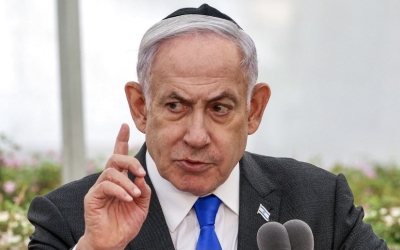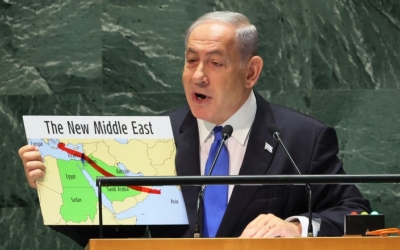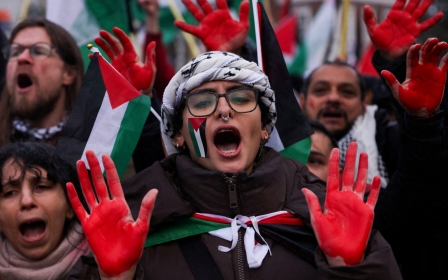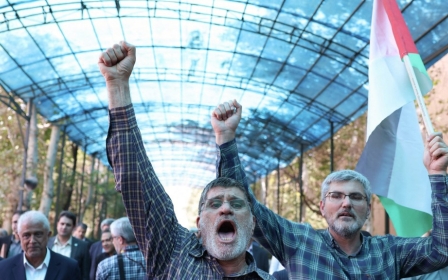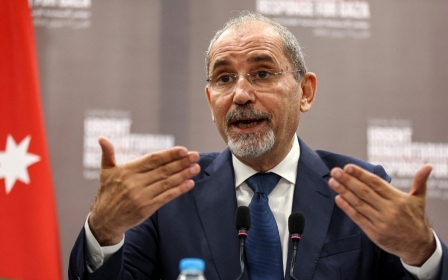Palestinians need decolonisation. Nothing else will work
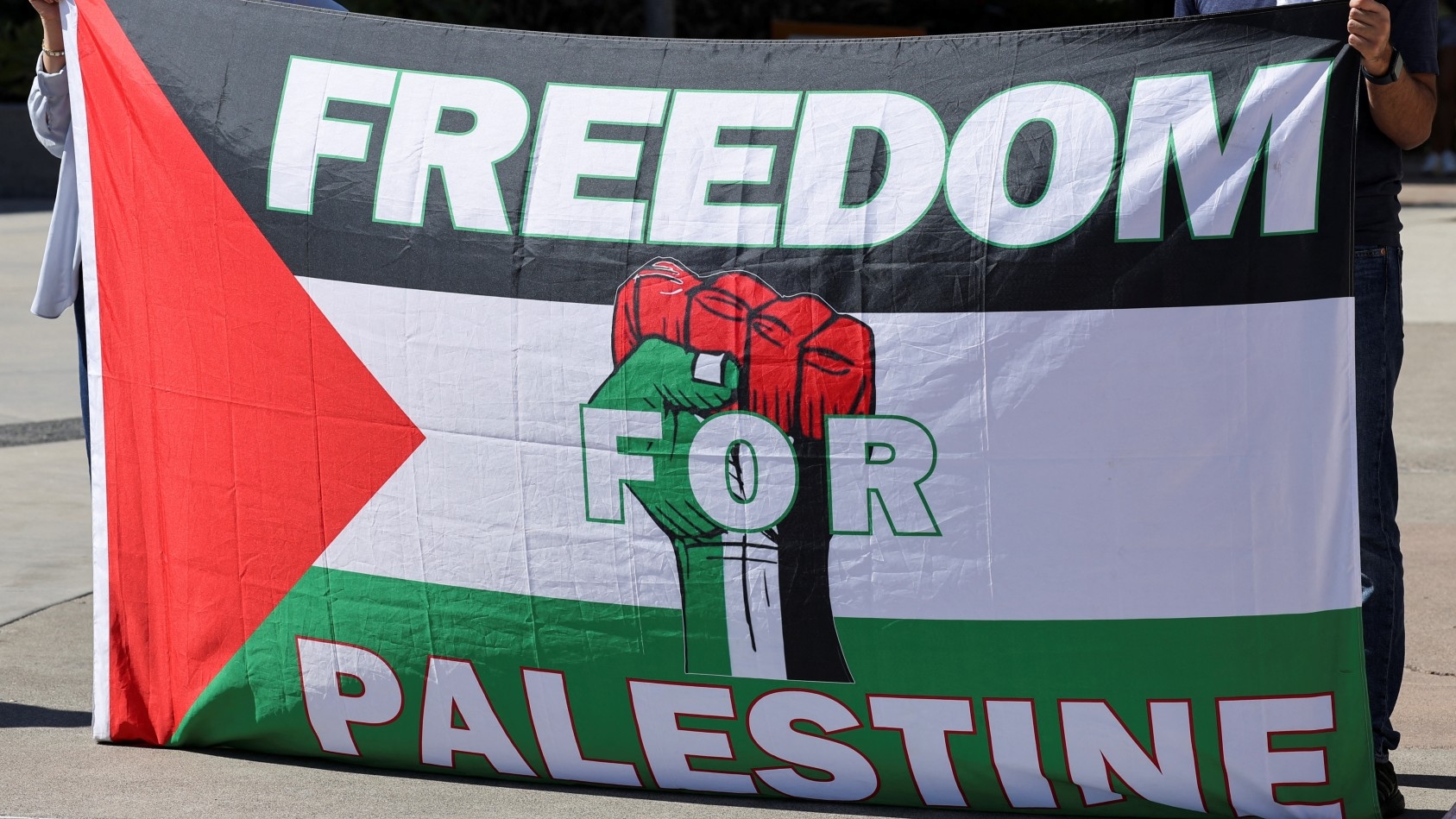
On 31 July 2024, I was boarding a flight from London to Tel Aviv when I learned of the news that Israel had assassinated Hamas leader Ismail Haniyeh in Tehran.
Killing Haniyeh, a key interlocutor in the ceasefire talks, was further proof that Israel was not interested in ending its bombing of Gaza. Otherwise, why would you kill the person with whom you are negotiating?
But Israel’s actions make complete sense if you look at the situation from a Palestinian perspective.
Being in the occupied West Bank for five weeks in the immediate aftermath of Haniyeh’s assassination reinforced my view that conventional conflict resolution frameworks are incapable of addressing what is really going on.
We are now one year into the world’s first live-streamed genocide. This is referred to as “the Israel-Gaza war”, or the “Israel-Hamas war”, or the latest “flare-up” in the “Israel-Palestine conflict”.
New MEE newsletter: Jerusalem Dispatch
Sign up to get the latest insights and analysis on Israel-Palestine, alongside Turkey Unpacked and other MEE newsletters
But none of these terms adequately captures the reality of the situation for Palestinians, who have been denied their right to self-determination for over 100 years - first by the British and now by the Israelis.
Ongoing Nakba
What we are currently witnessing is the latest phase, albeit the most violent and destructive to date, of Israel’s ongoing Nakba against the Palestinian people.
For Palestinians who remain in their homeland, Israel’s message is that resistance is futile - you will end up dead or incarcerated for decades in an Israeli jail anyway.
Follow Middle East Eye's live coverage of the Israel-Palestine war
Otherwise, how else can we understand Israel’s military violence against Palestinians in the occupied West Bank, including the mass arrests, killings, house demolitions, bombings of towns and refugee camps, curfews and sieges?
How can we understand why Israel has accelerated its illegal land grabs and its building of illegal Israeli settlements (better understood as colonies) in the West Bank?
And how can we understand why Israel will not allow a Palestinian state to emerge, defying both the wishes of Palestinians and most member states of the United Nations?
Israel has done everything it can to block Palestinian statehood, including during the past three decades of a “peace process” allegedly supposed to lead to a two-state solution.
Anyone who tells you otherwise is being disingenuous.
What now exists is a one-state apartheid monstrosity in the geographical space from the Jordan River to the Mediterranean Sea. This is the product of a violent settler-colonial state imposing its rule over an indigenous population.
Palestinians have been saying this for decades. Now, many human rights organisations, human rights experts and states are also coming to this conclusion.
Until Israel’s colonial apartheid rule over the Palestinian people ends, medium- to high-intensity violence across the whole of the Middle East will continue.
Absurd approach
Most western states have supported Israel’s actions in Palestine and across the region, and some are involved militarily.
These same states continue to block UN resolutions for a ceasefire and for the recognition of Palestinian statehood.
Instead, these states maintain that Palestinians must negotiate their freedom with Israel - the state that insists it will not end its apartheid colonial rule.
This approach is absurd. What Palestinians are asking for is international support for a process of decolonisation. Nothing else will work.
On 19 September 2024, the UN General Assembly adopted a historical landmark resolution. By a two-thirds majority, its member states demanded that Israel “end its unlawful presence in the Occupied Palestinian Territory” within 12 months.
This resolution was based on a July advisory opinion from the International Court of Justice that Israel was illegally occupying the West Bank, East Jerusalem and the Gaza Strip, and that its apartheid regime was a crime against humanity.
While the UN resolution was largely symbolic, this move was hugely important and significant.
This UN resolution and the legal actions that can flow from it, in addition to civil society activism for boycott, divestment, and sanctions (BDS) against Israel, is the only conflict resolution framework that will lead to peace and justice in the region.
The views expressed in this article belong to the author and do not necessarily reflect the editorial policy of Middle East Eye.
Middle East Eye delivers independent and unrivalled coverage and analysis of the Middle East, North Africa and beyond. To learn more about republishing this content and the associated fees, please fill out this form. More about MEE can be found here.



